FA Cup third round: a fine romance or outdated tradition?
Fixtures offer a break from the domination of the Premier League and a chance to celebrate football
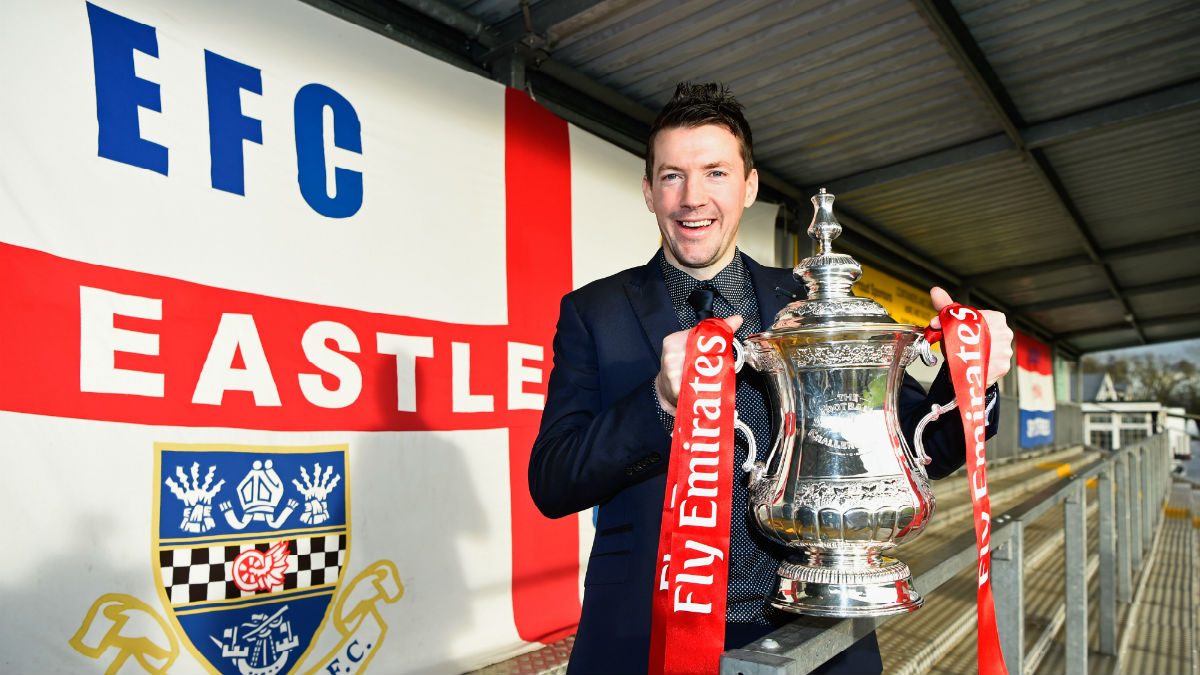
A free daily email with the biggest news stories of the day – and the best features from TheWeek.com
You are now subscribed
Your newsletter sign-up was successful
This weekend sees the third round of the FA Cup - the most romantic day of the English football season and one that still holds a peculiar place in fans' hearts in an age largely dominated by greed.
"The FA Cup still matters," wrote Henry Winter in The Times earlier this week. "It's not solely about the distant glimmer of glory or the long shot of a day out at Wembley for those outside the elite; it's about reminding the world that football exists outside the Barclays Premier League. It's about the history of the game and its fabric - and they are worth fighting for."
He describes it as "a celebration of football life" which also "offers a timely debate on the issues affecting fans, the movement of kick-offs, the disparity in income between Premier League and the rest, and the chance for an unknown to make a name for themselves".
The Week
Escape your echo chamber. Get the facts behind the news, plus analysis from multiple perspectives.

Sign up for The Week's Free Newsletters
From our morning news briefing to a weekly Good News Newsletter, get the best of The Week delivered directly to your inbox.
From our morning news briefing to a weekly Good News Newsletter, get the best of The Week delivered directly to your inbox.
For lower division teams such as Exeter, who face Liverpool in the opening tie on Friday, it offers a moment in the limelight, a sell-out crowd and a shot at glory. There will also be a full allocation of their opposition's fans, even if the TV scheduling means the last train back to Merseyside leaves before kick-off.
Premier League managers - and even a few in the Championship - might regard this weekend as an opportunity to give big-name players a rest. But for Eastleigh, who host Bolton, and Oxford United, home against Swansea, it will be the biggest day of the season, while 3,000 lucky Scunthorpe fans will get the chance to see their team play at Chelsea for only the fourth time in their history.
Lauding the "romance of the Cup" is a very English tradition. The Guardian's US edition explains that while the final is the nearest thing English football has to the Super Bowl, the third round "is a rather more quaint affair, predicated instead on the stereotypically English concepts of amateurism, failure and rank ineptitude". And as a result, it is "marvellous", it adds.
But the tradition is under threat. In recent years, pundits have been queuing round the block to lament the decline of a once-great institution and pinning the blame on the wealth of the Premier League.
A free daily email with the biggest news stories of the day – and the best features from TheWeek.com
"The old feeling, that magic and excitement of the 1960s, 1970s and 1980s, is not there any more," wrote former Match of the Day pundit Alan Hansen in the Daily Telegraph two years ago. Most top-flight clubs are more concerned with European qualification or avoiding relegation, he wrote. "Now we have not just got the big teams fielding weakened teams, we have even got teams at mid-table or near the bottom playing people we have never heard of before."
Fans of big clubs are not interested in watching lower-league opposition and the cost of tickets to Premier League games leaves many unable to afford to watch the Cup.
Sunderland, second from bottom of the Premier League, face league leaders Arsenal in the third round this weekend, but the fans do not care to dream of glory. The ideal result would be a narrow defeat, writes blogger Colin Randall for ESPN. Sunderland's priority must be "to leave the Emirates without injuries or further suspensions and without having to face a replay".
He adds: "A cup run might be fun but seven points from challenging trips to Swansea City and Tottenham next Wednesday and Saturday, followed by Bournemouth at home, would feel a lot more valuable."
But that attitude does not deter the Times's Winter. "The Cup keeps being dented but it is worth fighting for," he concludes.
-
 6 exquisite homes with vast acreage
6 exquisite homes with vast acreageFeature Featuring an off-the-grid contemporary home in New Mexico and lakefront farmhouse in Massachusetts
-
 Film reviews: ‘Wuthering Heights,’ ‘Good Luck, Have Fun, Don’t Die,’ and ‘Sirat’
Film reviews: ‘Wuthering Heights,’ ‘Good Luck, Have Fun, Don’t Die,’ and ‘Sirat’Feature An inconvenient love torments a would-be couple, a gonzo time traveler seeks to save humanity from AI, and a father’s desperate search goes deeply sideways
-
 Political cartoons for February 16
Political cartoons for February 16Cartoons Monday’s political cartoons include President's Day, a valentine from the Epstein files, and more
-
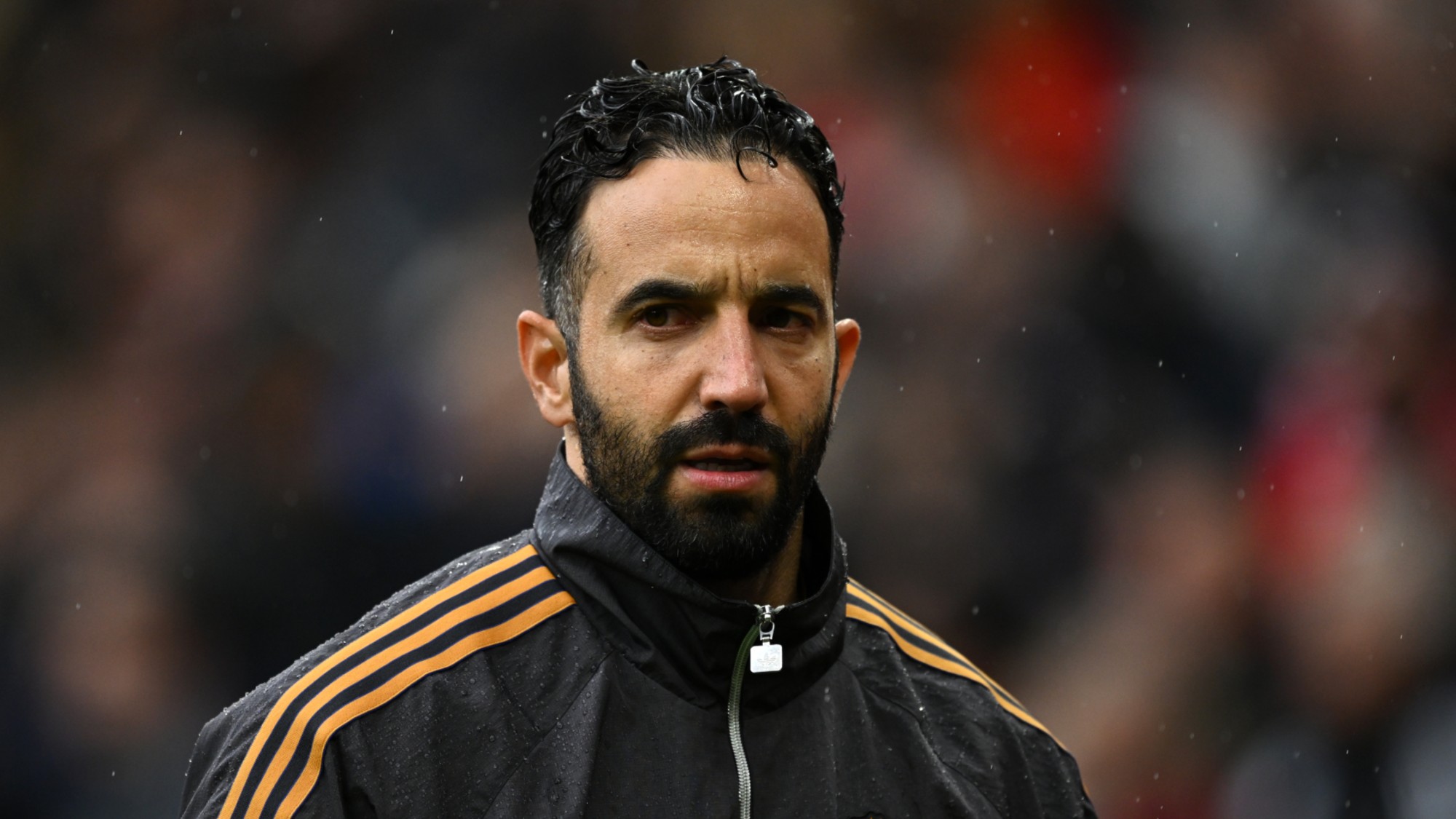 Amorim follows Maresca out of Premier League after ‘awful’ season
Amorim follows Maresca out of Premier League after ‘awful’ seasonIn the Spotlight Manchester United head coach sacked after dismal results and outburst against leadership, echoing comments by Chelsea boss when he quit last week
-
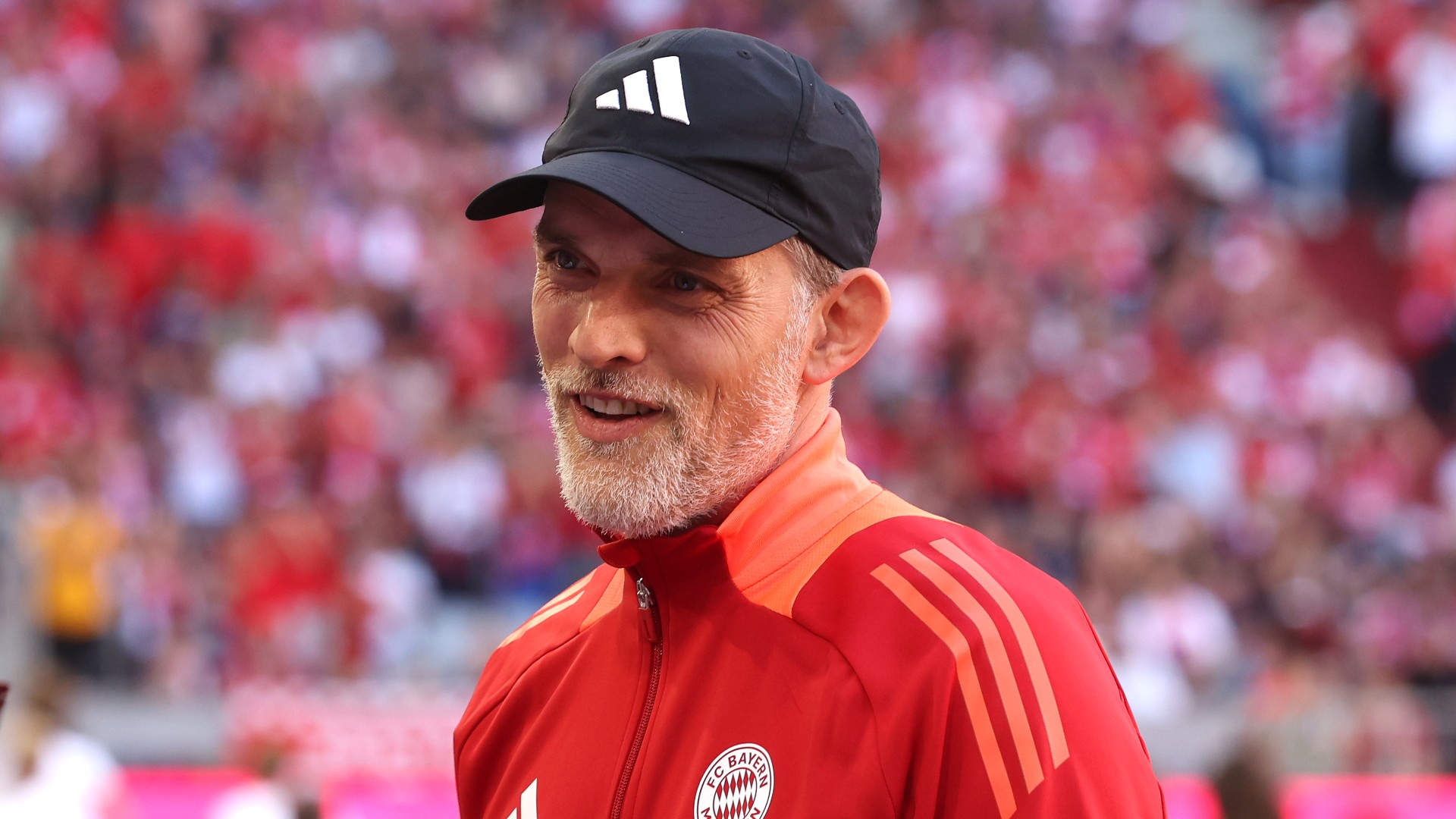 Thomas Tuchel to become next England football manager
Thomas Tuchel to become next England football managerSpeed Read 'Divisive' German coach hopes to lead the men's team to victory
-
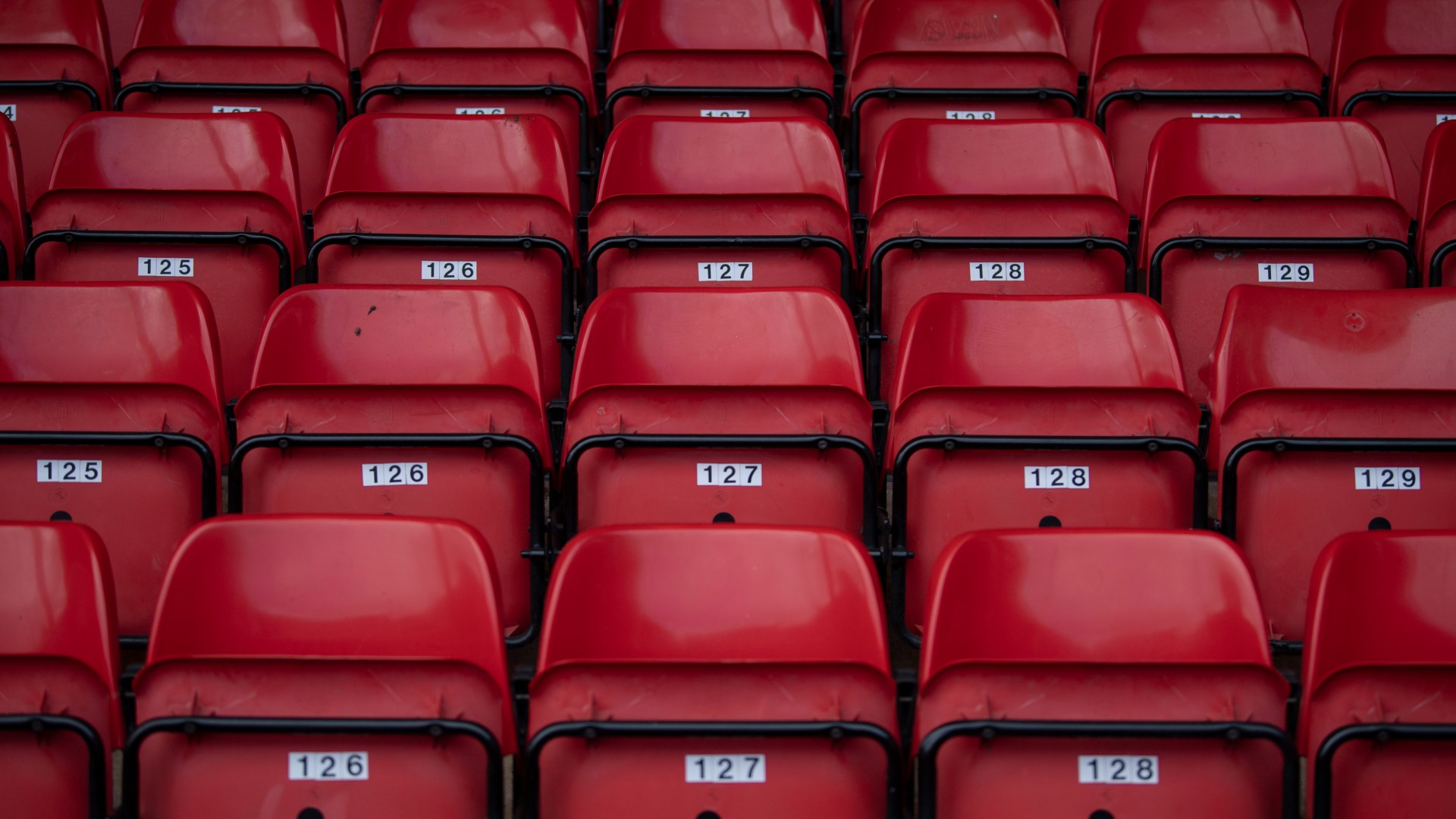 English football and the etiquette of leaving the stadium early
English football and the etiquette of leaving the stadium earlyTalking Point The belief that 'true fans stay to the end' does not always apply
-
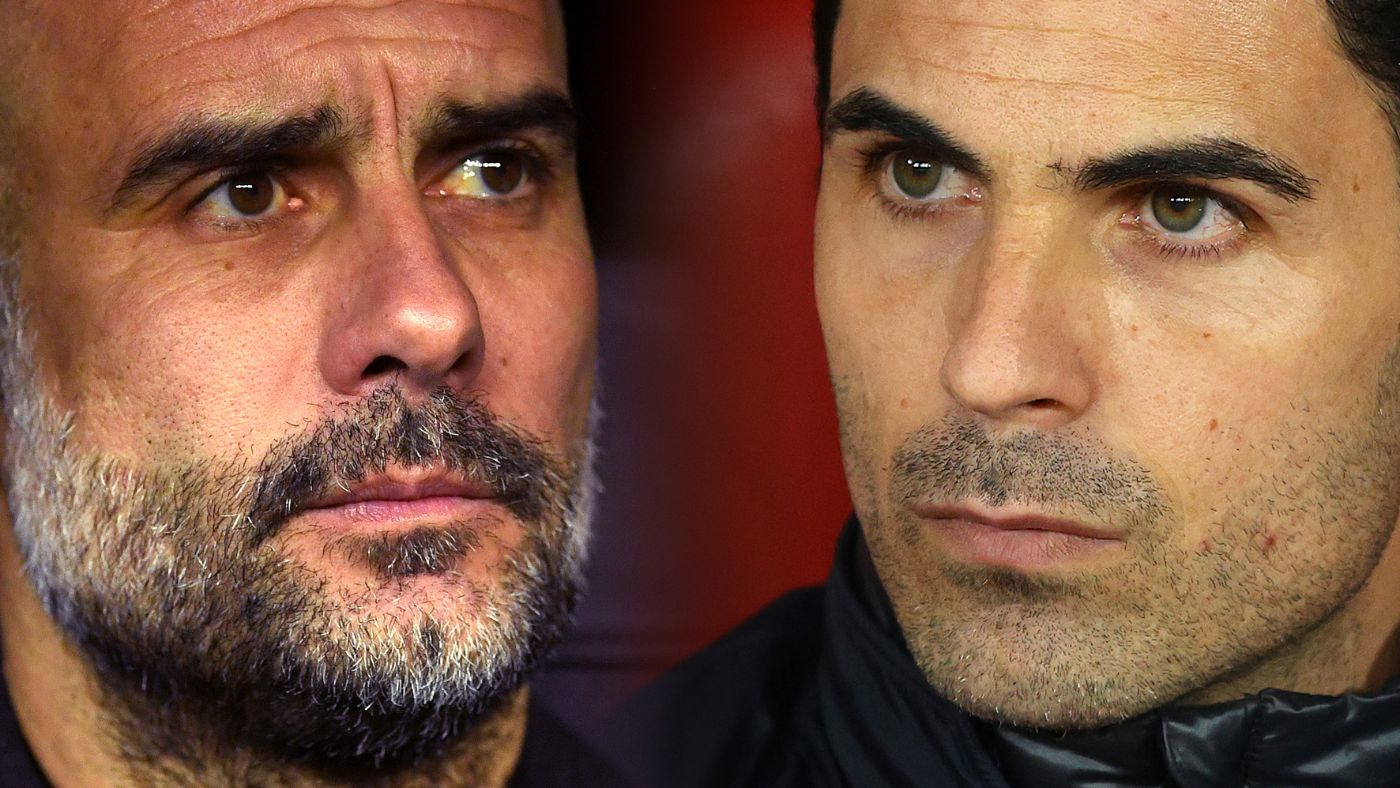 Premier League: Man City vs. Arsenal predictions
Premier League: Man City vs. Arsenal predictionsfeature What the pundits say about tonight’s title race showdown at the Etihad
-
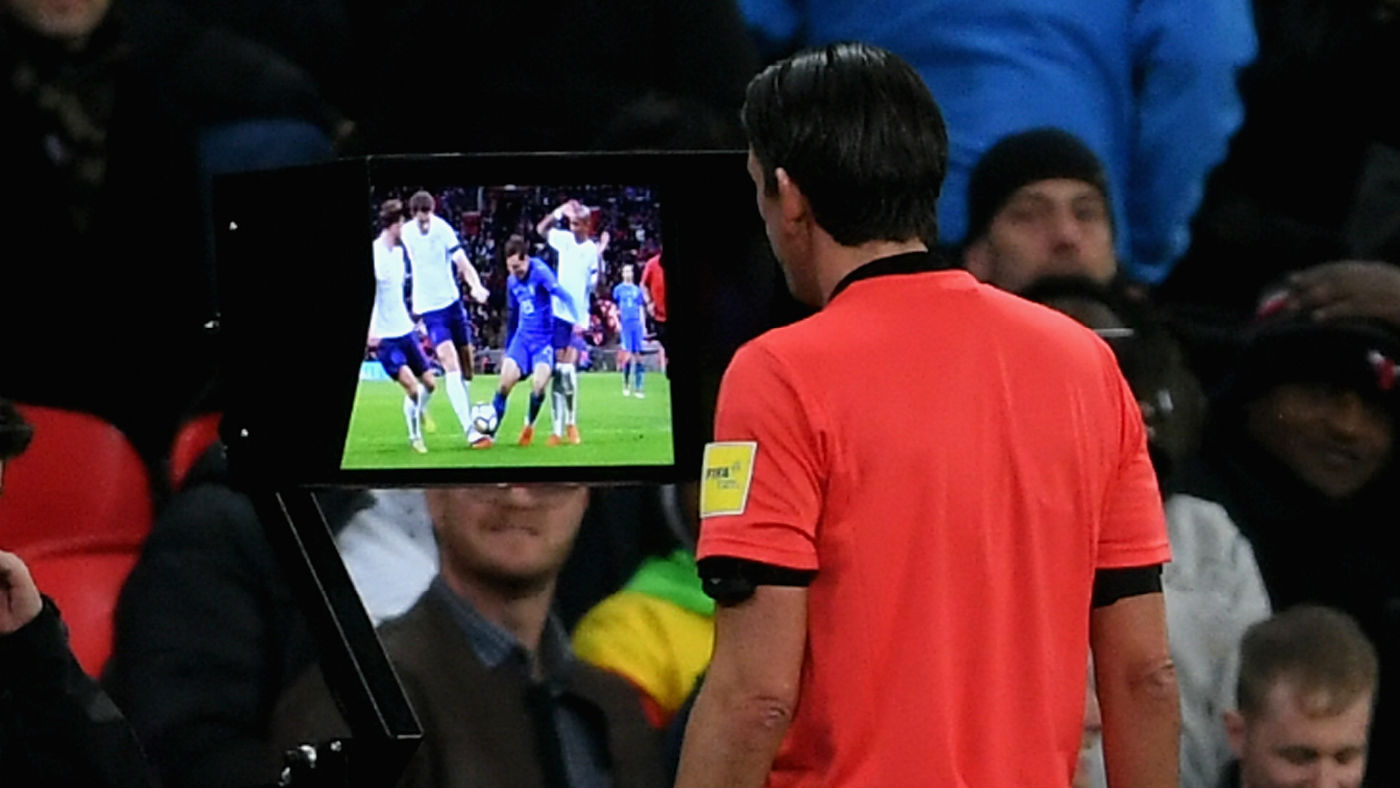 Pros and cons of VAR in football
Pros and cons of VAR in footballPros and Cons String of mistakes has put new technology under the microscope
-
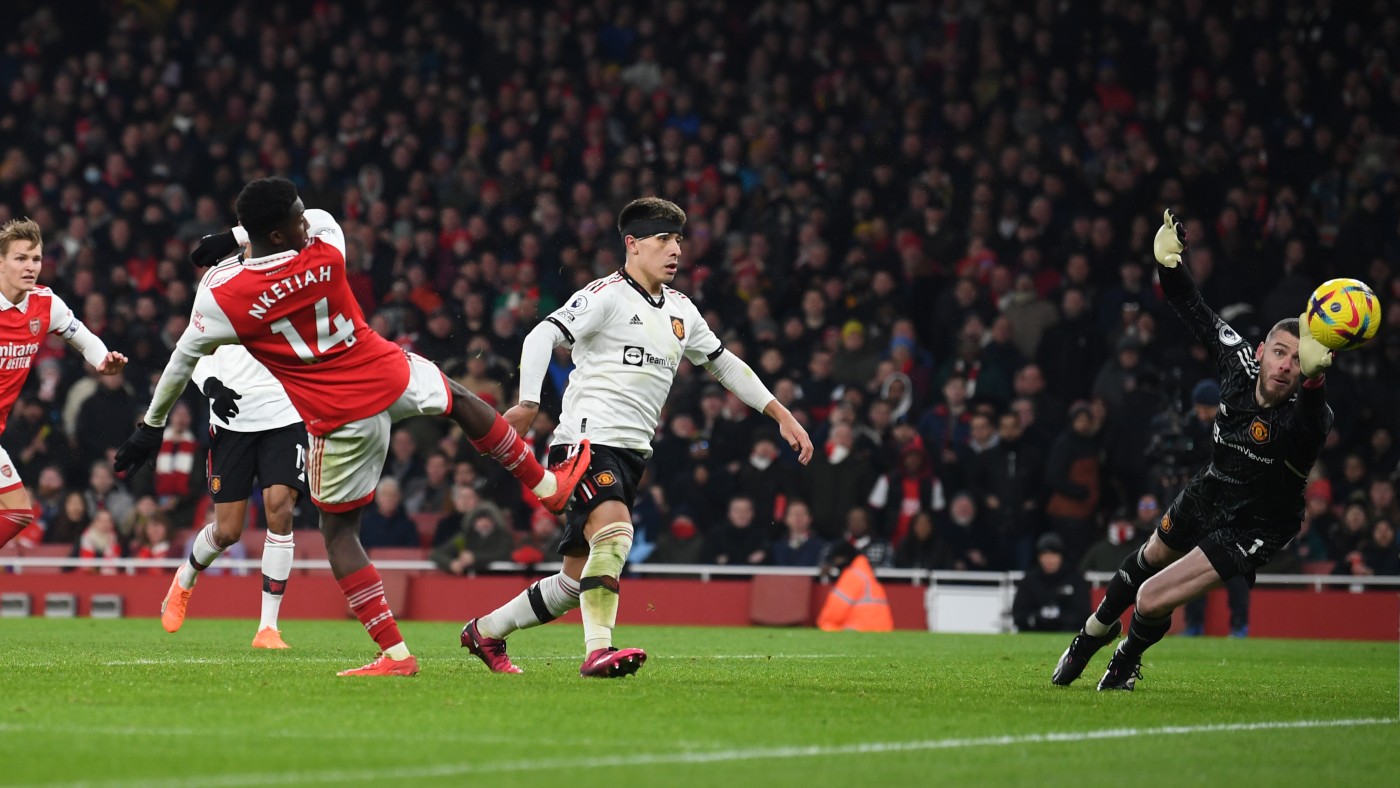 Can Arsenal really win the Premier League title?
Can Arsenal really win the Premier League title?feature How the pundits reacted after the Gunners’ late 3-2 victory over Man Utd
-
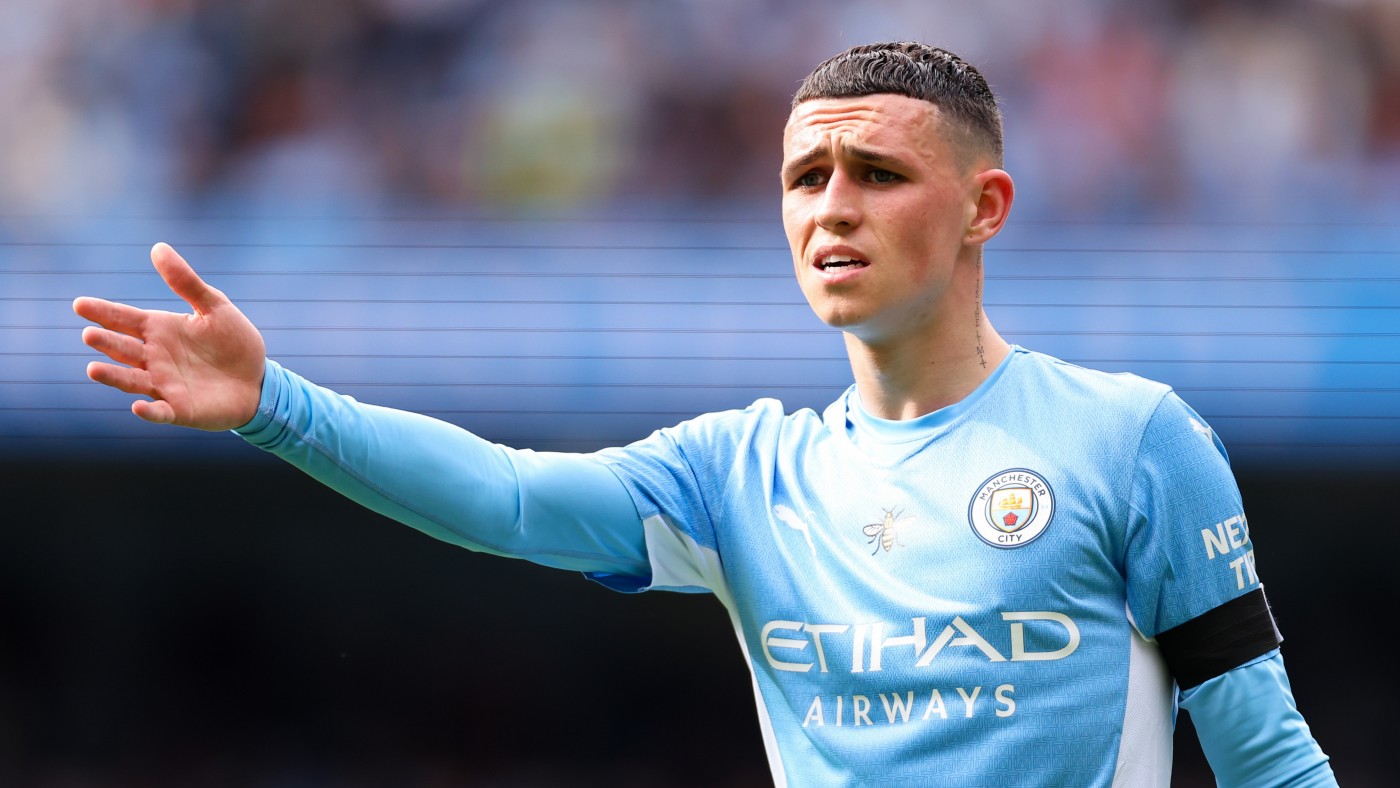 Premier League all-star game: ‘incredibly arrogant’ or natural ‘evolution’?
Premier League all-star game: ‘incredibly arrogant’ or natural ‘evolution’?Talking Point Managers and pundits dismiss US-inspired idea from Chelsea co-owner
-
 Raheem Sterling: Chelsea move ‘makes sense for all’
Raheem Sterling: Chelsea move ‘makes sense for all’In the Spotlight England star set for return to west London from Manchester City